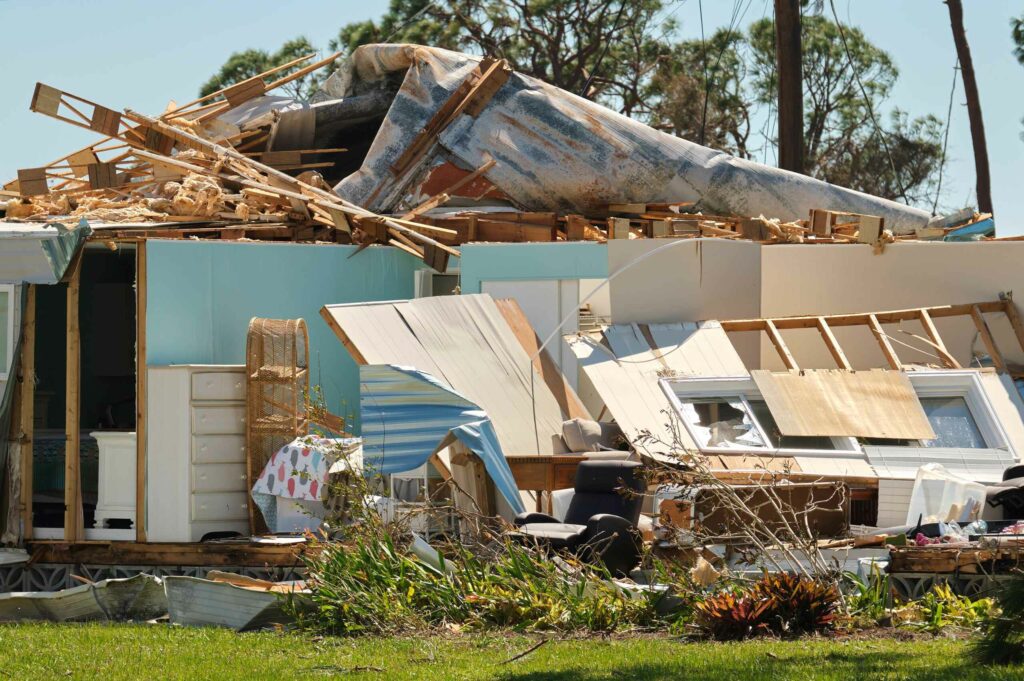Severe weather events, such as hailstorms, have become increasingly more common and devastating in recent years. As we enter an era where the cost of insured losses from severe storms continues to rise, it becomes crucial for property owners to act promptly after a date of loss. Get ready to explore the significance of taking immediate action in the wake of extreme weather like this year’s hail storms, gain insights on the rising costs of storm damage, and discover valuable guidance on protecting your property.
Why Acting Promptly Matters
When faced with property damage caused by hail or other severe weather, time is of the essence. Acting promptly allows you to:
- Mitigate further damage: Addressing issues quickly can prevent additional damage to your property and save you from costly repairs.
- Expedite the claims process: Reporting the loss promptly helps initiate the claims process, ensuring you receive compensation in a timely manner.
- Preserve evidence: Acting promptly allows you to document the damage before it worsens, providing crucial evidence for your insurance claim.

The Soaring Costs of Severe Weather:
Hailstorms have had a significant financial impact, with insured losses skyrocketing in recent decades. Gallagher Re, a reinsurance firm, reports insured losses from hail exceeding $10 billion since 2008. In 2023 alone, insured losses from severe convective storms are projected to surpass $30 billion. With the growing number of severe weather events, it’s crucial to be proactive in protecting your property and securing the necessary coverage.

Protecting Your Property:
To safeguard your property and ensure a smooth claims process, consider the following steps:
- Document the damage: Take photographs or videos of the property damage immediately after the event, providing visual evidence for your insurance claim.
- Consult with a Public Adjuster: Seeking assistance from a licensed Public Adjuster can help streamline your claims process. They will advocate for your rights, assess the damage accurately, and help negotiate a fair settlement with your insurance carrier based on your states guidelines.
- Mitigating further damage: Take reasonable steps to prevent additional damage to your property, such as covering exposed areas or making temporary repairs. Keep receipts and document the expenses incurred.
Acting promptly after a date of loss is essential to protect your property and ensure a smooth claims process. With the increasing costs of severe weather events, it’s crucial to be proactive in securing the necessary coverage and taking immediate steps to mitigate further damage. By documenting the damage, reporting the loss promptly, and seeking assistance from a Public Adjuster, you can navigate the claims process with confidence.
Remember, time is of the essence when it comes to protecting your property from severe weather-related losses. Act promptly, protect your investment, and fight for the coverage you deserve. If you have any questions, please reach out to our team today.
